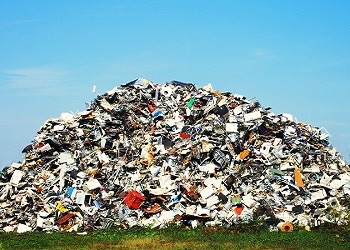
Write an essay (150 - 300 words) about this topic:
Modern technology is now very common in most workplaces. How do you think this has changed the way we work? Do you think there are disadvantages to relying too much on technology?
Bai nay o tieng anh 123 nhe



















